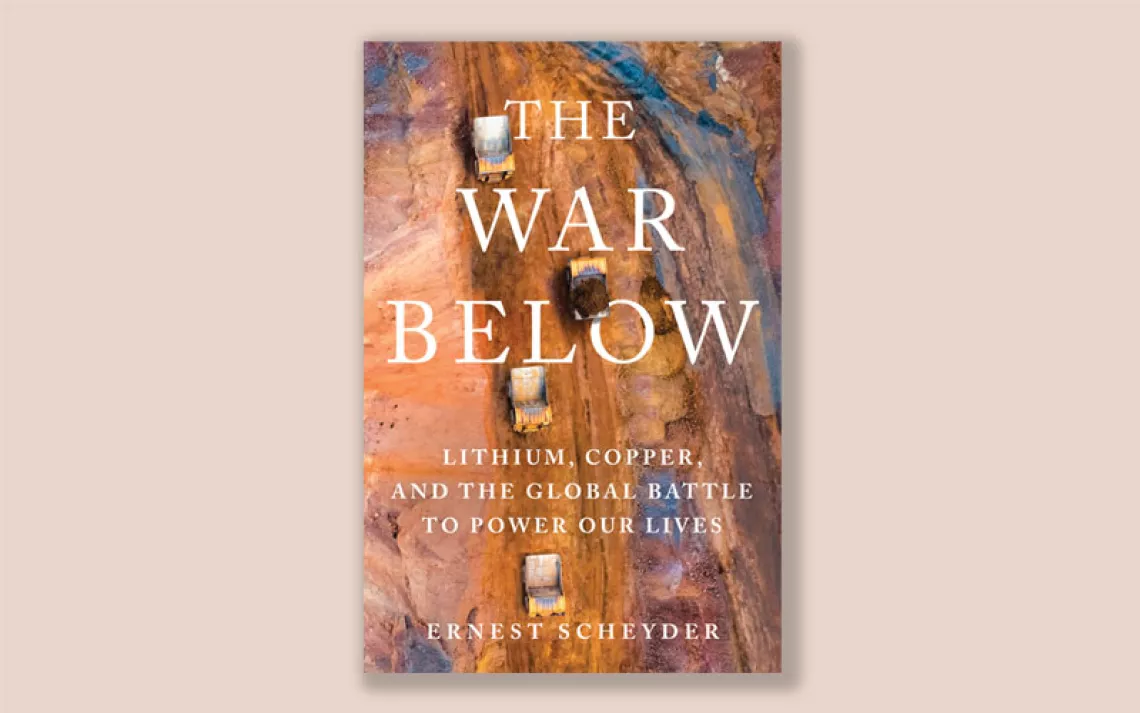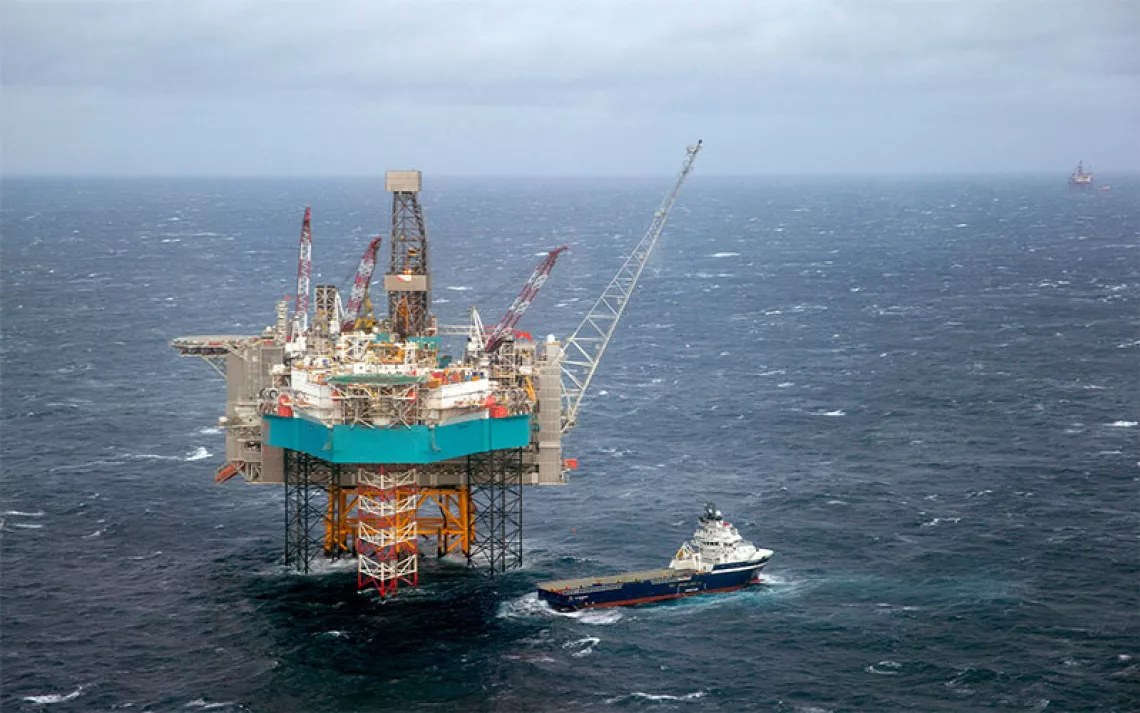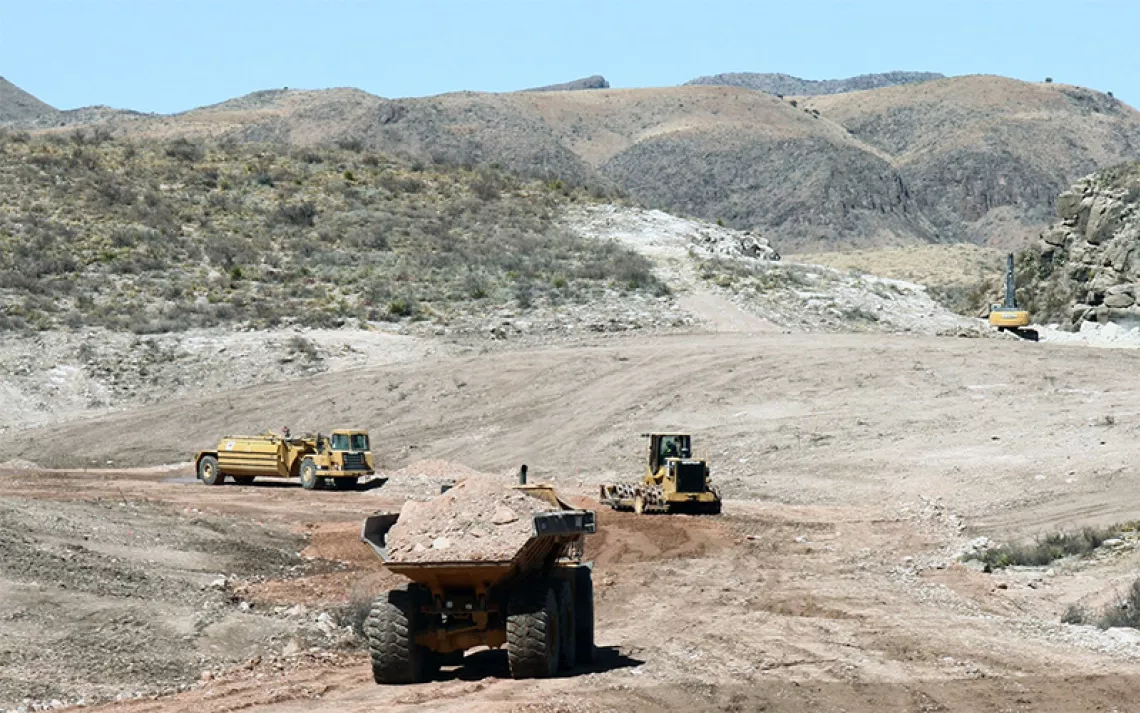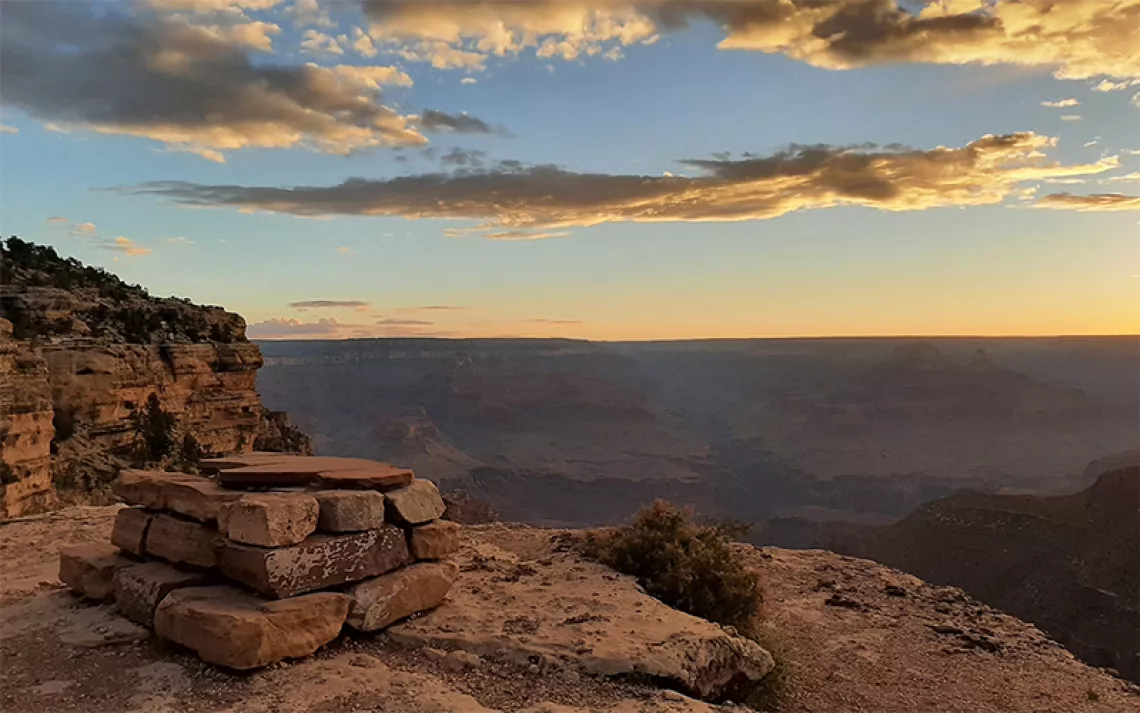Wenden Residents Unite Behind “No Smelter Here” Campaign
Activists are fighting to block a proposed polluting smelter plant in Arizona
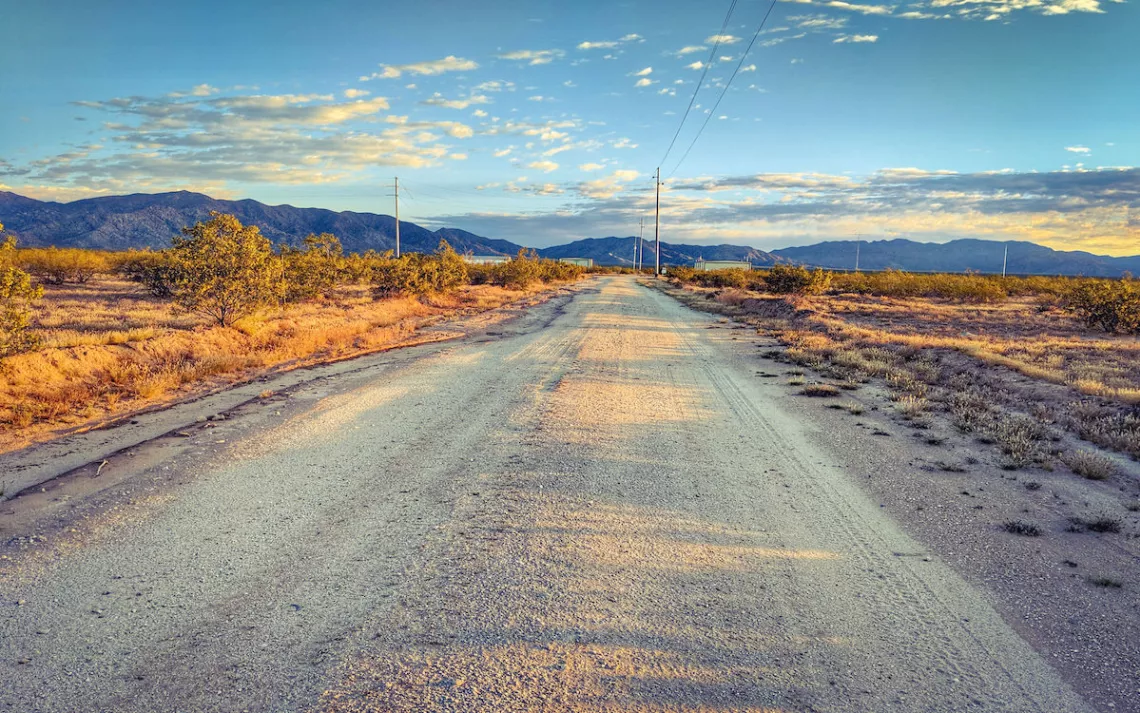
Photo by R. Tipton
Highway 60 slithers like a rattlesnake across the floor of Arizona’s McMullen Valley before breaking away from Interstate 10, where it whisks motorists into a seemingly unchartered expanse of the Grand Canyon State.
Framed by the Harcuvar and Harquahala Mountains, this deserted highway is dotted with wildflowers and cacti and abandoned buildings that stand tall against the big, blue open skies. Long before this corridor became a ribbon of asphalt across the desert basin, it was an old wagon road used by cowboys and miners who settled this remote landscape of La Paz County, about 100 miles northwest of Phoenix. Eventually, a post office opened, as did a Wells Fargo Bank; suddenly this place in the middle of nowhere was put on the map. By 1909, the town was known as Wenden.
When the gold rush stampede subsided, so did the growth in population. But a group of outsiders has always survived. “It’s never been a ghost town,” says De Vona Saiter, a business owner and longtime resident, whose family has lived in the community since the 1960s. “It’s always maintained some level of population and some level of services.”
According to the 2010 US census, there are 728 people who call this place home full-time. While that number may seem minuscule when compared with other desert municipalities, none of the locals seem to mind. “I mean we’re not booming like Phoenix,” says De Vona’s husband, Gary, a retired senior executive. “But for a small, rural community, we’re doing just fine.”
Residents here are a tightknit bunch, partly because they’ve endured so much together. In 2000 and 2010, two massive floods nearly devastated the region that includes the nearby town of Salome. Even more frightening, the ground below them is literally sinking. Over the past 15 years, Wenden has sunk three and a half feet, at the rate of two inches every year.
But its latest conflict is proving to be the town’s toughest to date. “We’re fighting for our community,” says De Vona. “We’re in this all the way.”
For the past year, residents have been battling a Goliath-size company that wants to disrupt and pollute their landscape by constructing an aluminum smelter plant right on the edge of city limits. In April 2019, Alliance Metals—a Florida-based company owned by Technocon, an even larger corporation with ties to international business interests—submitted a rezoning proposal to the La Paz County Board of Supervisors that would allow them to use an existing facility to manufacture and process heavy, industrial metals.
Built on the site of the town’s shuttered cotton gin, the plant has been touted as a “state-of-the-art aluminum recycling operation.” According to the original proposal, this “green” operation would pump nearly $30 million of revenue into the county’s economy and fund things like trainings for the volunteer fire department and educational programs for schools, not to mention provide a bounty of high-paying jobs.
While the economic impact may have enticed some in the beginning, many community members became alarmed by the extensive environmental damage this smelter plant would have on their fragile desert ecosystem. Once up and running, it would produce 35 tons of emissions per year, including the release of particulates contaminated with aluminum; large industrial trucks would begin using Highway 60, the only road in and out of town, to transport materials (some of them hazardous); residents who live near the facility would undoubtedly be exposed to the round-the-clock noise pollution; and much of the valley’s agricultural land would become unfit for crops.
But the biggest concern from many of the parents was the plant’s proximity to the elementary school: less than one mile away.
“No way in hell are they going to put something like that in our valley,” says Steffany Palmer, who has a daughter in eighth grade. “The contamination could be devastating to our area and the people,” she says.
Gary and De Vona have plans to live out their retirement here. Over the past decade, they’ve invested their livelihood into the economic and social development of this unincorporated community. Gary serves as president for the school district and is on the board of the Water Improvement District; De Vona owns and runs the gift shop Maz Pas (“More Peace”), where she sells funky knick-knacks, handmade art, and colorful apparel to customers who are usually on their way to places like California or Sedona. With the health and future of the town in jeopardy, the Saiters took action. Gary circulated a memo on social media to inform the public about the negative effects of aluminum smelters and built the website NoSmelterHere.com to post information about upcoming meetings and agendas involving the project.
As word spread throughout La Paz County, Gary became the de facto leader of the resistance; it didn’t take long before many of his neighbors lined up behind him. Together they circumvented several environmental agencies that are supposed to protect them, like the Arizona Department of Environmental Quality, by conducting their own wind analysis of the plant’s impact.
Then last December, at a planning and zoning meeting, over 300 constituents from both Wenden and Salome packed the community center to express their fears and frustrations. For over four hours, residents faced off with the representatives from Alliance and the La Paz County Board of Supervisors, leaving nothing left to the imagination.
“If good sense hadn’t prevailed, the crowd would have ripped their heads off,” Gary says. “It was very hostile.”
By the end of that evening, not one person had spoken in favor of the proposed smelter. Alliance offered to make some amendments to its proposal, including the promise to not use chlorine or other “hazardous” materials on the site.
In spite of the public’s outcry, the future of the plant could still move forward. In the coming months, the county board of supervisors, a three-person committee, will hold a vote to approve or deny Alliance’s proposal. These three supervisors, voted into office by their respective districts (there are three total districts that constitute La Paz County), oversee and govern all policies and budgets of the county.
Many states, including California, New York, and Virginia, also use this type of governmental body to determine local issues ranging from child services to the construction of new buildings to law enforcement policies. It’s a powerful role in local government, and one that comes with a tremendous amount of civic responsibility.
For the people of Wenden, there is reason to be concerned that the supervisors won’t vote in their favor. Two out of the three, Duce Minor and D.L. Wilson, represent communities that will see no environmental impact from the facility. A majority of their voting constituents are far removed from any pollution the plant would create.
“Historically, Wenden has always been the forgotten child,” says De Vona. “We’ve always been overlooked or frowned upon as being the poor Mexican community.”
Gary Saiter says that if the supervisors vote to approve, he will lead an effort to file for a referendum to put the issue on the ballot in November.
Then, he says, the people will have the final say.
 The Magazine of The Sierra Club
The Magazine of The Sierra Club
